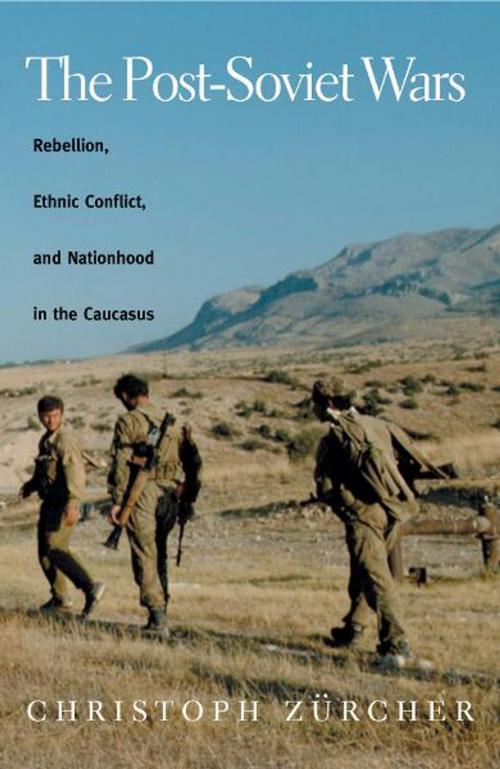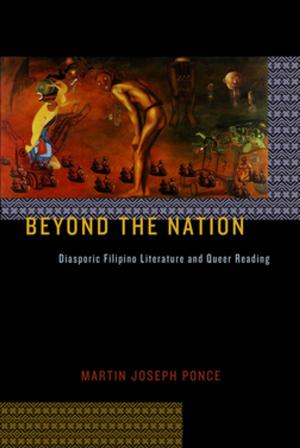The Post-Soviet Wars
Rebellion, Ethnic Conflict, and Nationhood in the Caucasus
Nonfiction, Social & Cultural Studies, Political Science, International, International Relations| Author: | Christoph Zurcher | ISBN: | 9780814797198 |
| Publisher: | NYU Press | Publication: | November 1, 2007 |
| Imprint: | NYU Press | Language: | English |
| Author: | Christoph Zurcher |
| ISBN: | 9780814797198 |
| Publisher: | NYU Press |
| Publication: | November 1, 2007 |
| Imprint: | NYU Press |
| Language: | English |
The Post-Soviet Wars is a comparative account of the organized violence in the Caucusus region, looking at four key areas: Chechnya, Armenia, Azerbaijan, Georgia, and Dagestan. Zürcher’s goal is to understand the origin and nature of the violence in these regions, the response and suppression from the post-Soviet regime and the resulting outcomes, all with an eye toward understanding why some conflicts turned violent, whereas others not. Notably, in Dagestan actual violent conflict has not erupted, an exception of political stability for the region. The book provides a brief history of the region, particularly the collapse of the Soviet Union and the resulting changes that took place in the wake of this toppling. Zürcher carefully looks at the conditions within each region — economic, ethnic, religious, and political — to make sense of why some turned to violent conflict and some did not and what the future of the region might portend.
This important volume provides both an overview of the region that is both up-to-date and comprehensive as well as an accessible understanding of the current scholarship on mobilization and violence.
The Post-Soviet Wars is a comparative account of the organized violence in the Caucusus region, looking at four key areas: Chechnya, Armenia, Azerbaijan, Georgia, and Dagestan. Zürcher’s goal is to understand the origin and nature of the violence in these regions, the response and suppression from the post-Soviet regime and the resulting outcomes, all with an eye toward understanding why some conflicts turned violent, whereas others not. Notably, in Dagestan actual violent conflict has not erupted, an exception of political stability for the region. The book provides a brief history of the region, particularly the collapse of the Soviet Union and the resulting changes that took place in the wake of this toppling. Zürcher carefully looks at the conditions within each region — economic, ethnic, religious, and political — to make sense of why some turned to violent conflict and some did not and what the future of the region might portend.
This important volume provides both an overview of the region that is both up-to-date and comprehensive as well as an accessible understanding of the current scholarship on mobilization and violence.















